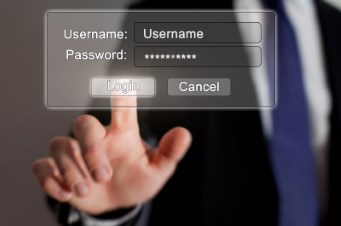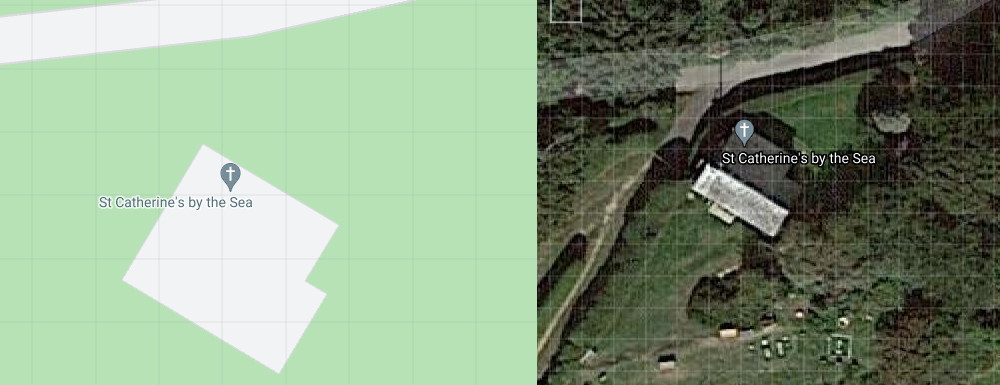POSTED ON BY ANDY POULTON
15 years ago Bill Gates, yes that Bill Gates, predicted the death of the password, presuming that a much more secure alternative method of securing data be adopted, But it hasn’t and passwords are still the default method of securing access to data and systems.
And, with the rapid rise of Cloud Services, Smartphones, tablets and much greater use of the world wide web passwords are seen as an easily-implemented, low-cost security method that users have become familiar, and comfortable with.

However, with the sound advice of using a different password at every instance that requires a password has lead to “password overload”, more so when the instruction is to make then increasingly complex to reduce the chance of password theft or accounts being hacked. This has lead to a small range of different strategies to remembering passwords. From writing them down in a “little black book”, saving them on a spreadsheet or using a password Manager [with over 300 passwords, the latter is my choice]
However, a lot of people develop a strategy that is simply based on incrementation. HardPassword1, HardPassword2 etc. The danger being that in a data breach, once your strategy is uncovered it’s just a matter of time before hackers gain access to a range of your accounts.
Recent advice from the UK’s National Cyber Security Centre (NCSC, based in London and part of the UK’s Cyber Security HQ at GCHQ) has suggested making passwords up simply from three random words. Their advice is to be creative and use words that are memorable to you – but not words that can be easily associated with you, such as
- Your children’s names
- Favourite Sports team
- Current partners’ name
- Names of other family members
- Pet’s name
- Place of Birth
- Favourite Holiday
- Etc
So, that makes it harder to think of 3 random words but I’ve got an idea. And it’s based on geography. Before you run away thinking I’m going to suggest capital cities, rivers or mountain ranges stay with me. I suggest using some places that are close to your heart, but randomised -by using the navigation app/website What Three Words.
What Three Words is able to define a precise location, down to a 3 metre square. Simply visit the What Three Words website, or install their free app on your phone and navigate to your favourite place. Here’s one of mine (not used for any of my passwords so I’m giving nothing away)

Whether you use the Map View or Google Earth type view, you’ll see the map is overlaid by little squares.
Now, just click on a square and it will be identified by three unique words, so you could click on the entrance to the church, for example, or even a grave stone in the grave yard and What Three Words will give you a code that is unique to that square.
I’ve clicked on the church door and the unique code is remarking however stubble. You could make it harder by adding hyphens, or a different symbol and perhaps capitalising Remarking-However&Stubble for example.

Now all you have to do is either remember your password or use a decent Password Manager -and there are many to choose from, and I’ve written about them in the past.
And PLEASE, if this applies to to you – STOP USING PASSWORD or 12345678 and use one of the above instead
If you need any help, please, just ask. You can reach me by phone – 01793 238020 – email – andy@enterprise-oms.co.uk or just hunt me down on Social Media.
